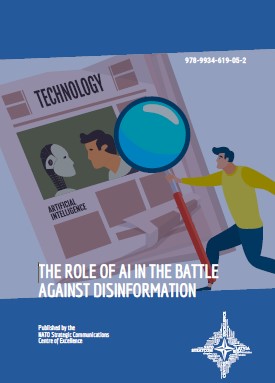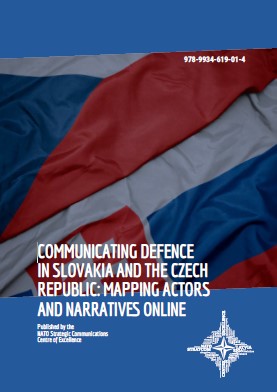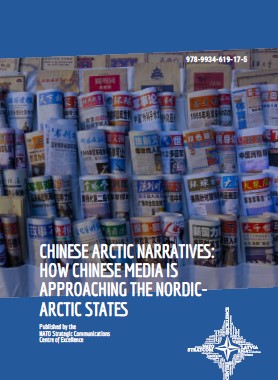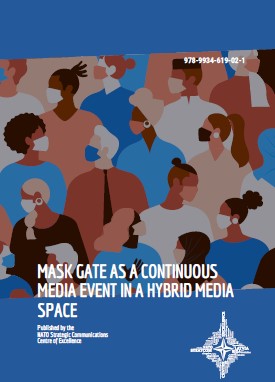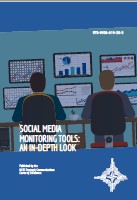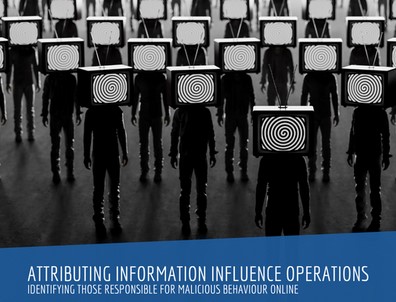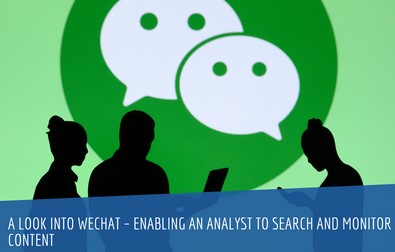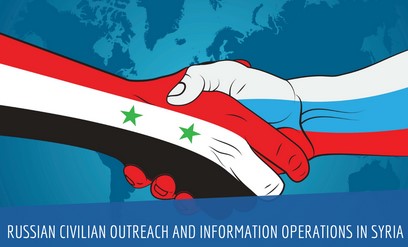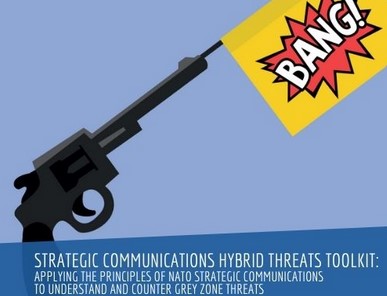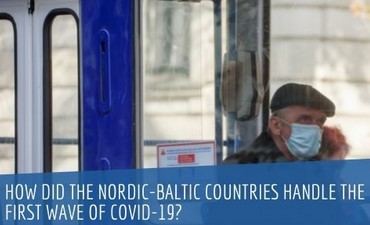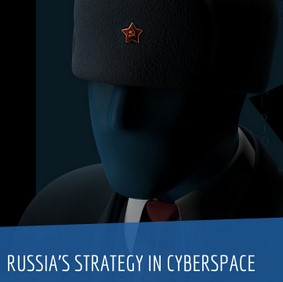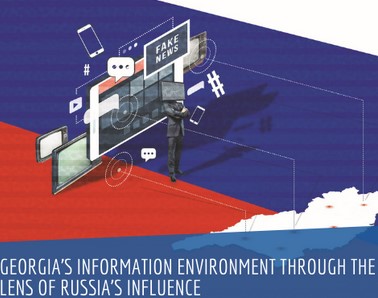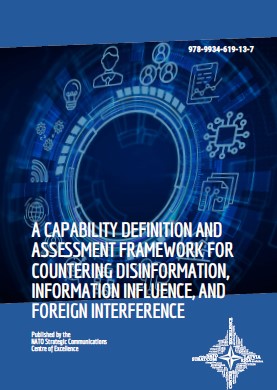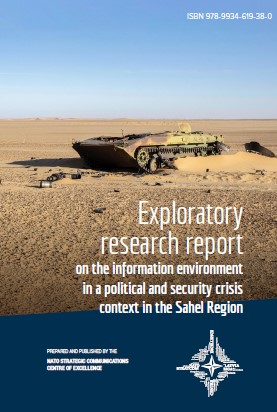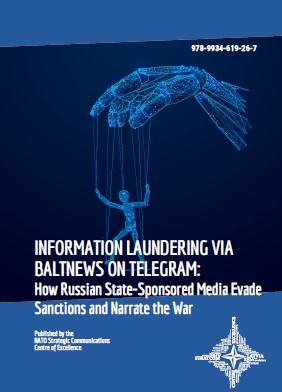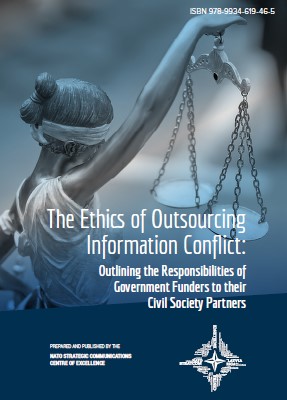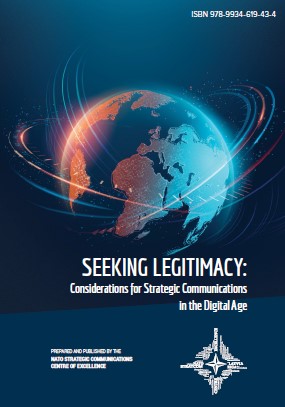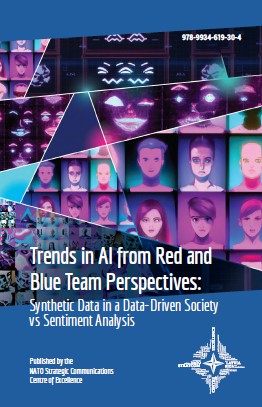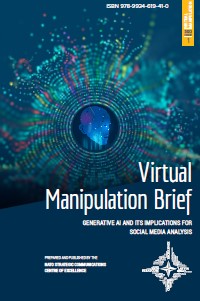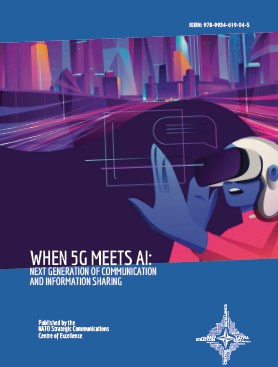
When 5G meets AI: Next Generation of Communication and Information Sharing
When 5G meets AI: Next Generation of Communication and Information Sharing
Keywords: 5G; Communication innovation; power of 5g; wireless technology; information environment; extended reality; digital journalism; digital repression; mass surveillance; privacy; deepfakes;
The adoption of fifth generation (5G) wireless technology will touch nearly every aspect of our lives. While changes brought by 5G will primarily affect sectors that depend on smooth wireless connection – such as transportation, healthcare, or manufacturing – they will also alter the realm of (strategic) communications. In the coming decade, 5G and edge computing will generate new opportunities for how humans interact with each other and experience the world. Greater connectivity and access to information enabled by 5G also promise to bridge the digital divide, improving democratic participation and citizen mobilization. At the same time, there will be more opportunities for misuse of this technology. Events of the last ten years have demonstrated the impact that digital transformation is having on democracy and political life. Consider the role that social media has played in key political events such as the Arab Spring or how the advent of e-voting and e-political participation changed the outcome of some elections throughout the pandemic. The emergence and accelerated adoption of new technologies has seen a concurrent rise in digital repression and disinformation operations. While (online) disinformation is not a new phenomenon, rapid advances in information technologies have altered the ways in which information (and disinformation) can be produced and disseminated. Data capture, speed, and connectivity offered by 5G will equip both state and non-state actors with more effective tools to tighten information control, repress political opponents, and manipulate public opinion online.
More...
